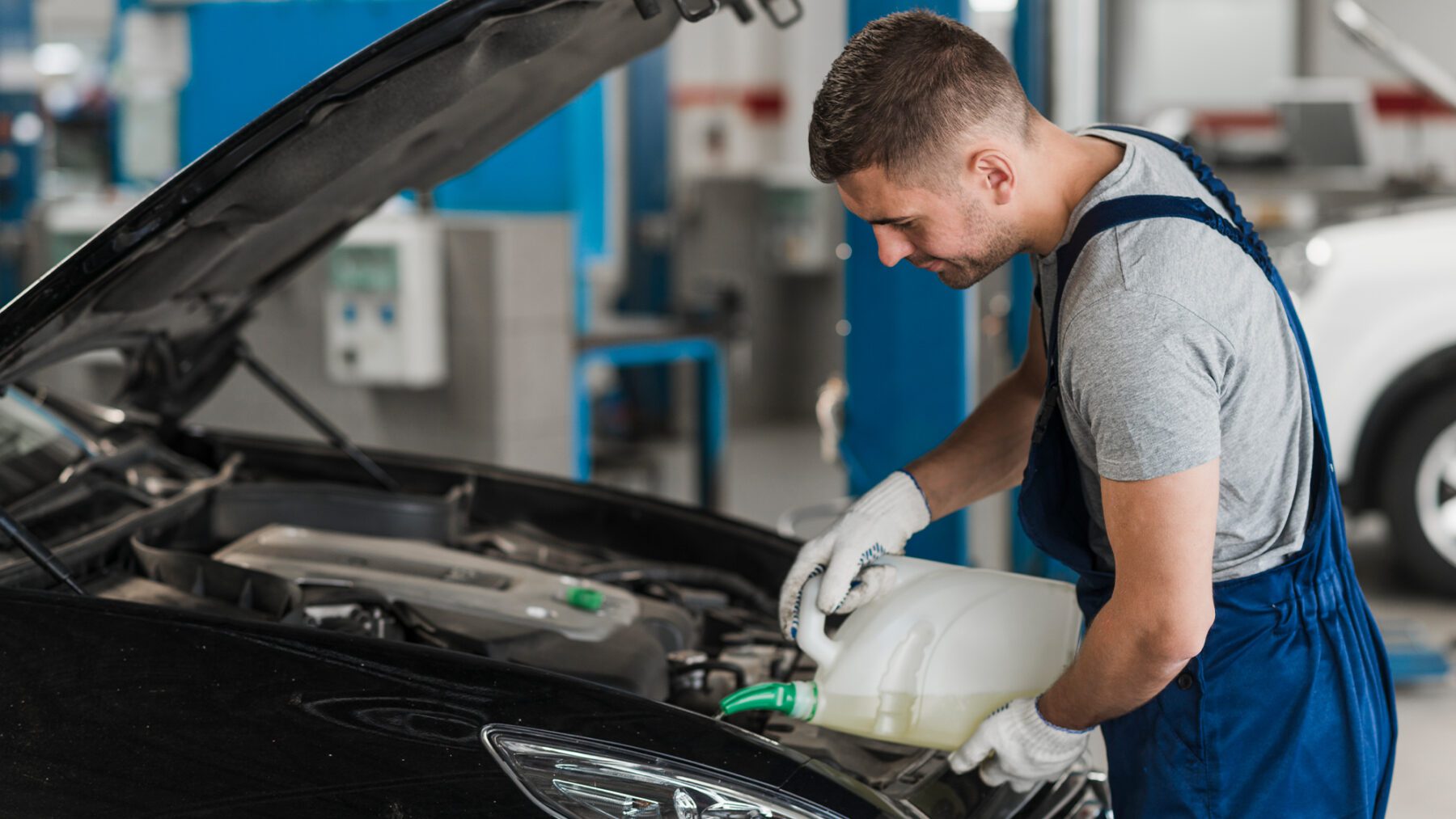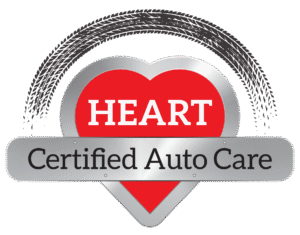Where to Get a Ford EVAP System Test in Wilmette


What is a Ford EVAP System?
- Charcoal Canister: Collects fuel vapors.
- Purge Valve: Allows the engine to draw in vapors from the charcoal canister.
- Vent Valve: Seals the system when not in use.
- Fuel Tank Pressure Sensor: Monitors the pressure in the fuel tank.
Why is EVAP System Testing Important?
Regular EVAP system testing is crucial for various reasons. It plays a significant role in environmental protection by reducing harmful emissions that contribute to air pollution. Additionally, it helps maintain optimal fuel efficiency by preventing fuel vapor loss, which can save you money on fuel costs.
Ensuring your vehicle’s EVAP system is functioning properly also means your vehicle will perform smoothly without any issues related to the fuel system. Moreover, many regions have strict emission standards that vehicles must meet, making regulatory compliance another critical reason for regular testing. Overall, regular EVAP system testing is essential for maintaining your vehicle’s efficiency, performance, and adherence to environmental regulations.
Signs You Need an EVAP System Test
- Check Engine Light: Often, the first sign is the illumination of the check engine light on your dashboard.
- Fuel Odor: A noticeable gasoline smell around your vehicle.
- Decreased Fuel Efficiency: You might notice a drop in your vehicle’s miles per gallon (MPG).
- Difficulty Starting: Issues with starting your car.
- Rough Idling: Your engine may idle roughly or stall.
- Failed Emissions Test: Your vehicle doesn’t pass an emissions test.
- Hissing Noises: Unusual hissing noises coming from the fuel tank area.
Finding the Right Place for a Ford EVAP System Test in Wilmette
- ASE Certified Technicians: Ensure the mechanics are ASE certified, which means they have met industry standards for knowledge and skill.
- Experience with Ford Vehicles: Choose a service center that specializes in Ford vehicles or has extensive experience with them.
- Customer Reviews: Check online reviews to gauge the experiences of other customers.
- Word-of-Mouth Recommendations: Ask friends or family members for recommendations.
- Advanced Diagnostic Tools: Ensure the service center uses modern diagnostic equipment capable of accurately testing your EVAP system.
- Full Spectrum of Auto Services: It’s beneficial if the service center offers a wide range of auto services. This way, if further repairs or maintenance are needed, you can get them done in one place.
Top Service Center for Ford EVAP System Test in Wilmette
When it comes to getting a reliable and thorough Ford EVAP System Test in Wilmette, HEART Auto Care is your top choice. We offer a wide range of services, including EVAP system testing, general maintenance, and comprehensive auto repair.
Our team is known for high-quality service and expertise in Ford vehicles, ensuring that your car receives the best possible care. Conveniently located in Wilmette, HEART Auto Care is easily accessible and committed to customer satisfaction, making us the go-to destination for all your automotive needs.
Preparing for Your EVAP System Test
Before you take your vehicle in for an EVAP system test, there are a few things you can do to prepare. First, check for visible damage by inspecting your vehicle’s components for any obvious signs of wear or damage. This includes looking at hoses, the fuel cap, and other parts of the EVAP system. Next, make a note of any symptoms you have noticed, such as the check engine light being on, a noticeable fuel odor, or decreased fuel efficiency. Documenting these symptoms will help the technician diagnose any issues more accurately.
Additionally, gather all relevant vehicle information, including your vehicle’s make, model, year, and mileage. This information is crucial for the service center to understand your vehicle’s history and specifications. It’s also helpful to ensure your gas tank is neither too full nor too empty; ideally, it should be between one-quarter and three-quarters full. Furthermore, removing any excess clutter from your car can facilitate a smoother inspection process. Lastly, if you’ve had any recent repairs or maintenance, bring those records along, as they may provide valuable context for the technician.
Common EVAP System Repairs
- Replacing the Charcoal Canister: If it’s clogged or damaged.
- Fixing Leaks: Repairing or replacing hoses or seals.
- Valve Replacement: Replacing faulty purge or vent valves.
- Sensor Replacement: If the fuel tank pressure sensor is malfunctioning.
What to Ask Your Mechanic
- What diagnostic methods will you use?: Understanding the specific diagnostic tools and methods helps you gauge the thoroughness of the test.
- How long will the test and any necessary repairs take?: Knowing the time frame helps you plan accordingly.
- Can you provide a detailed estimate?: A detailed estimate will break down the costs of diagnostics, parts, and labor.
- Do you offer a warranty on the parts and labor?: A warranty can provide assurance of the quality of work done.
Conclusion: The Best Place for Ford EVAP System Test in Wilmette









